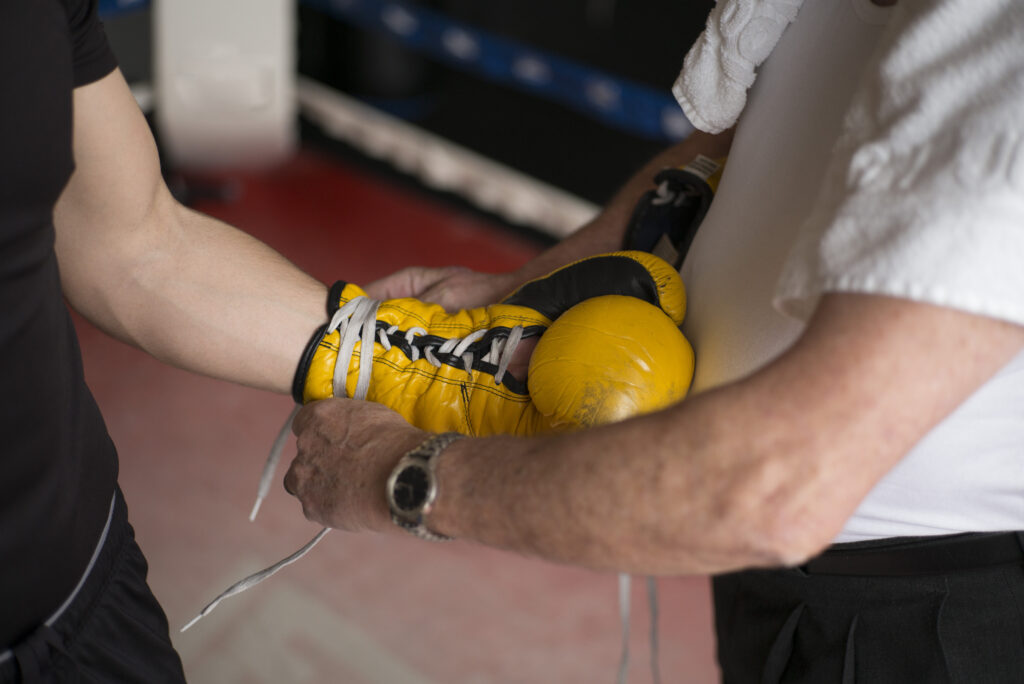Addiction recovery is a journey that involves healing the mind, body, and spirit. One of the most powerful tools to support that process is meditation. Practicing meditation can help people in recovery reduce anxiety, improve decision making, and find peace of mind. It provides a way to slow down, reconnect with the present moment, and manage the stress and emotions that often come with early sobriety.
How Meditation Supports the Recovery Process
Meditation is the practice of focusing your attention and quieting the mind. For individuals in addiction recovery, it can be a valuable tool for staying grounded and centered. Many people in recovery struggle with racing thoughts, worry, or feelings of restlessness. Meditation helps calm those thoughts, making it easier to stay focused on long-term goals and avoid relapse triggers.
Practicing meditation regularly can also improve self-awareness. This awareness helps people recognize negative thought patterns or emotional responses that may have led to substance use in the past. Over time, meditation helps you pause before reacting, which supports better decision making and emotional control.
Reducing Anxiety and Finding Peace
Anxiety is one of the most common challenges people face during recovery. Whether it’s related to cravings, past mistakes, or uncertainty about the future, anxiety can feel overwhelming. Meditation helps train the mind to let go of constant worrying and focus instead on the present moment. Even a few minutes of daily meditation can lower stress hormones, slow your heart rate, and help you feel more at peace.
Many people in recovery describe meditation as a reset button for the mind. It gives you space to breathe, reflect, and find calm even when life feels chaotic. That sense of peace can make a major difference in staying committed to your recovery.
Strengthening Decision Making and Self-Control
Addiction often weakens the part of the brain responsible for impulse control and decision making. Meditation has been shown to strengthen those areas by improving focus, patience, and clarity of thought. When practiced consistently, meditation helps you make decisions from a place of calm rather than stress or fear.
This clarity carries over into daily life, making it easier to handle challenges without feeling overwhelmed. For people in recovery, that improved self-control can be one of the most valuable benefits of all.
Building a Healthier Mindset for Long-Term Recovery
Meditation is more than a relaxation technique, it is a lifestyle habit that supports overall well-being. It can be done anywhere, requires no equipment, and fits easily into most recovery routines. Over time, meditation helps reframe how you view yourself and your journey. Instead of focusing on mistakes or fears, you learn to appreciate progress and stay connected to the present moment.
Begin Your Recovery Journey with Etowah Recovery Center
At Etowah Recovery Center, we believe that true recovery involves healing the mind as much as the body. Meditation is one of the many holistic tools we encourage to support lasting sobriety. Our team helps clients develop mindfulness practices that promote balance, peace, and emotional resilience throughout the recovery process.




